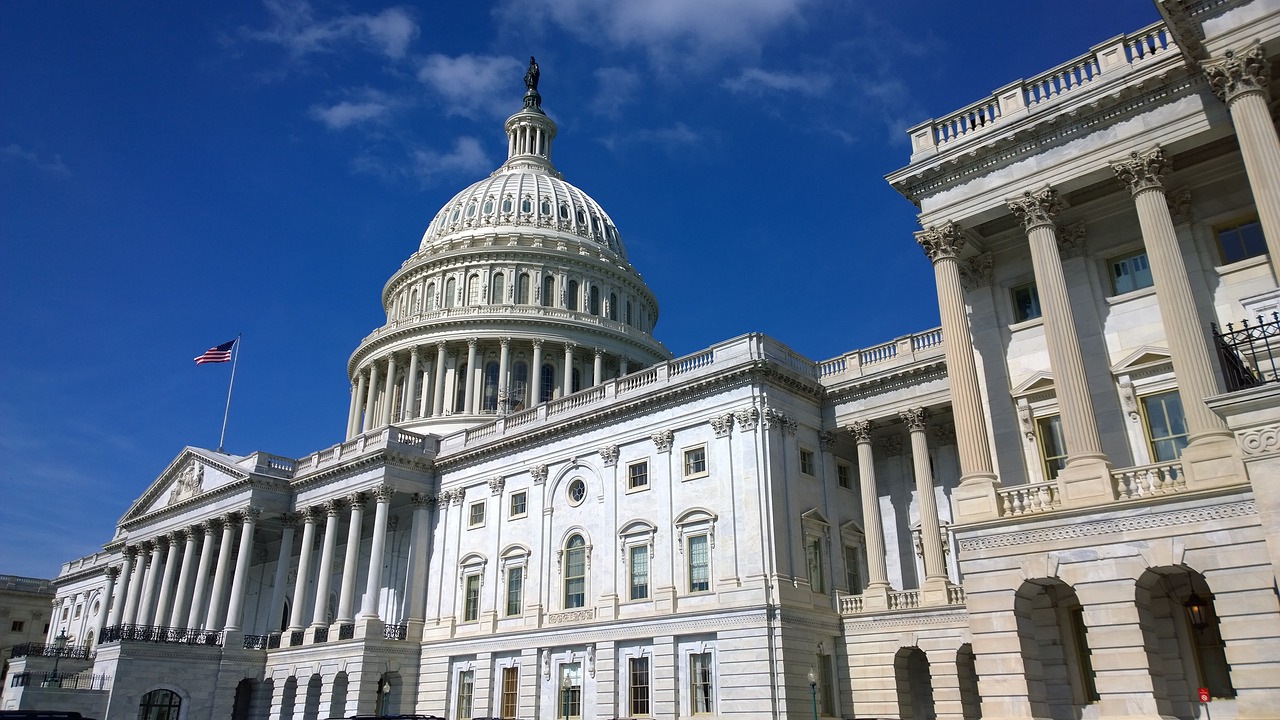By Lisa Jacobson, President, BCSE
As we near the end of 2022, my team at BCSE and I are thankful for the incredible clean energy accomplishments that have come to fruition this year. With the passage of the CHIPS and Science Act and the Inflation Reduction Act, as well as discussions on climate finance at COP 27, we’ve born witness to the largest investments in climate and clean energy in our country’s history. Now, with 2023 just around the corner, we have one more opportunity ahead of us to secure a clean energy win: federal appropriations.
Last week, I sent a letter to Congressional leaders advocating for robust funding for clean energy programs across the federal government in the FY2023 budget, including at the Departments of Energy, Agriculture, Interior, and State and the Environmental Protection Agency. In this letter, business leaders weighed in on the importance of utilizing appropriations funding to support U.S. clean energy industries, both at home and abroad.
As Congress makes progress on appropriations negotiations, let’s take a deeper dive into key investments that must be included in the federal budget in order to accelerate the energy transition and achieve our domestic and international decarbonization and climate resilience goals.
Bolstering domestic clean energy and energy efficiency
When it comes to federal clean energy funding, the bipartisan Infrastructure Investment and Jobs Act (IIJA) and the Inflation Reduction Act (IRA) are still key topics of conversation – and for good reason. The IIJA and IRA levels of investment are monumental. You can find all the reasons BCSE celebrates this key legislation here – including its power to boost economic growth, strengthen our country’s energy security, and build resilience to severe weather.
But these investments don’t preclude the need for sustained, year-on-year increases to clean energy, energy efficiency, and innovation activities that the federal government’s budget supports. These programs require continued funding because they deliver important national benefits, including job creation, economic development, and the leveraging of additional private sector investment into the energy transition. Including funding to support domestic clean energy and energy efficiency programs in the federal budget is critical to building out key clean energy and energy efficiency infrastructure that will bring down energy costs for families and expand the clean energy workforce.
Funding international climate programs
A successful clean energy transition also relies on international partnerships. With the foundation of the IRA and the IIJA, the United States is in a prime position to lead the global energy transition and assist other countries along this pathway. Just last month, the BCSE team led a large delegation of U.S. companies to the UN Climate Change Conference in Egypt (COP 27). From my conversations there with domestic and international business partners, I understand that U.S. leadership on both international climate diplomacy and clean energy finance will create greater global market share for U.S. clean energy industries. That’s why we believe U.S. support of international bilateral and multilateral programs that work on climate and clean energy are so important.
The United States is in a critical international race to become the first-choice provider of solutions to countries working to build a sustainable energy and climate-friendly future. Boosting U.S. competitiveness in this global energy transition market will require expanding both overall U.S. appropriations for foreign assistance and international clean energy and climate finance. BCSE reiterates the need for increased levels of funding for overall U.S. foreign assistance and the continued support for critical international clean energy and climate accounts.
Keeping the funding flowing
As President Biden described at COP 27 last month, we have entered a “decisive decade” for clean energy. The time is now to commit to the energy transition, and all that it will bring – good-paying jobs, economic growth, energy security, and increased public health, to name a few.
BCSE looks forward to further progress on federal appropriations. We urge Congress to commit to this investment in the clean energy transition.
About the author: Lisa Jacobson is the President of the Business Council for Sustainable Energy.

